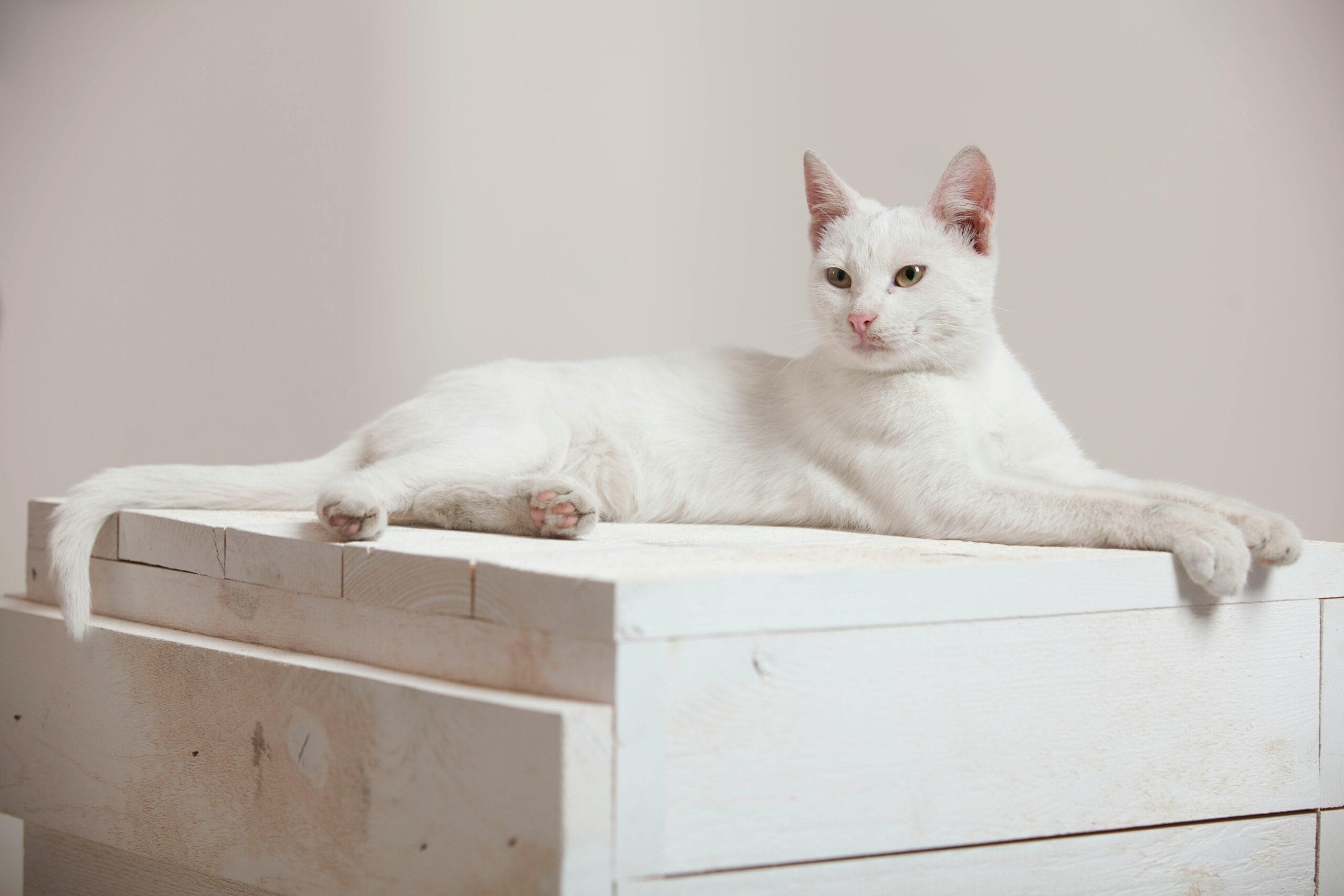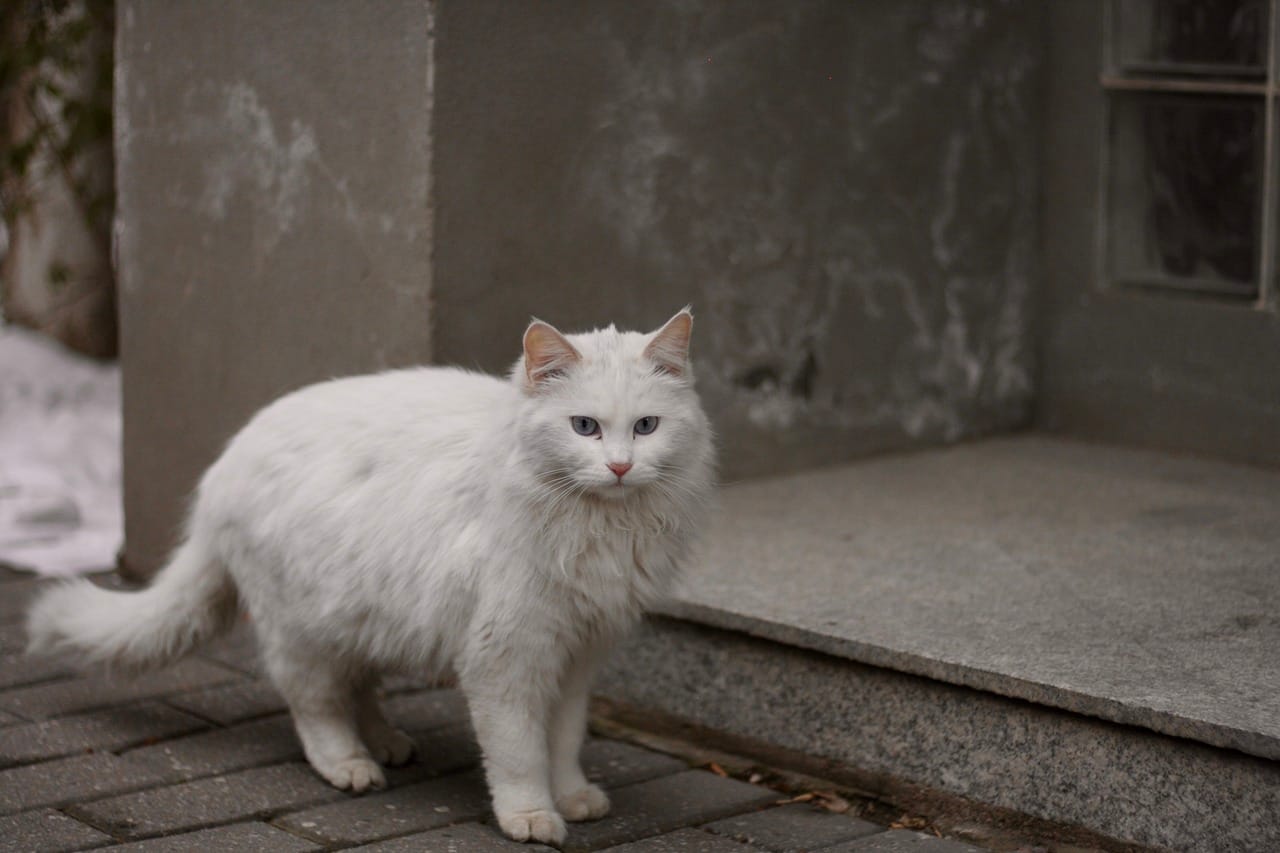How Often Should Kittens Poop? Learn about normal kitten bowel movements and kitten poop frequency. Get expert advice to ensure your kitten’s digestive health! Find answers now!
How Often Should Kittens Poop? A Comprehensive Guide to Normal Kitten Bowel Movements
As a new kitten owner, understanding your tiny feline friend’s bodily functions is crucial for their health and wellbeing. One of the most common questions new owners have revolves around bathroom habits: How often should kittens poop? This comprehensive guide will delve into kitten poop frequency, what constitutes normal kitten bowel movements, and when you should seek veterinary attention.
Understanding Normal Kitten Poop Frequency
The frequency of bowel movements in kittens varies depending on several factors, including age, diet, and overall health. Generally, very young kittens (under 8 weeks) tend to eliminate more frequently than older kittens. Expect a newborn kitten to poop after nearly every feeding, sometimes even multiple times a day. As they grow older, this frequency decreases.
A healthy kitten between 8 weeks and 6 months old will typically poop at least once, but possibly up to three or four times a day. The consistency should be firm but not hard, and the color should be brown. Any significant deviation from this can indicate a problem. Keep in mind that a change in diet can temporarily affect normal kitten bowel movements and kitten poop frequency.
Factors Affecting Kitten Poop Frequency
Several factors beyond age influence how often your kitten uses the litter box. Diet plays a significant role. Switching foods, especially to a lower-quality diet, can cause diarrhea. If you’re noticing loose stools or increased kitten poop frequency after a dietary change, consider switching back to their previous food or consulting your veterinarian. Have you considered whether canned cat food might be contributing to the issue? You might find this helpful: Does Canned Cat Food Cause Diarrhea?
Hydration is another critical factor. Dehydration can lead to constipation, resulting in less frequent and harder stools. Ensuring your kitten has access to fresh, clean water at all times is crucial. Can kittens drink water? A good rule of thumb is to always have multiple water sources available.
Stress can also affect your kitten’s digestive system. Changes in their environment, the introduction of new pets, or even loud noises can cause digestive upsets, leading to changes in kitten poop frequency. Leaving your kitten alone for extended periods can also increase stress levels. Learn more about leaving your kitten alone by reading: How Long Can Kittens Be Left Alone?
Underlying medical conditions can also significantly alter normal kitten bowel movements. Infections, parasites, and inflammatory bowel disease can all cause diarrhea, constipation, or changes in stool consistency and frequency. If you notice a persistent change in your kitten’s bowel habits, it’s essential to consult a veterinarian immediately.
Recognizing Abnormal Kitten Poop
While some variation in kitten poop frequency is normal, certain signs should raise a red flag. Loose, watery stools (diarrhea) can indicate a variety of problems, including infections, food allergies, or parasites. Diarrhea can quickly lead to dehydration, so prompt veterinary attention is vital. If your kitten is exhibiting signs of diarrhea, you may find the article on whether canned cat food might be the culprit helpful: Does Canned Cat Food Cause Diarrhea?
Conversely, infrequent, hard, or dry stools (constipation) can also be a sign of underlying health issues. Constipation can be painful and can lead to blockages. Similarly, changes in the color of your kitten’s stool – such as very pale, dark, or bloody stools – warrant immediate veterinary attention. Changes in the stool’s consistency are equally important to note, and shouldn’t be ignored.
Another important observation is litter box behavior. If your kitten suddenly starts pooping outside the litter box, it could indicate a medical issue, discomfort related to the litter box itself, or stress. You can learn more about this problem by reading: Why Is My Cat Pooping Outside the Litter Box?
When to See a Vet for Kitten Poop Concerns
If you notice any significant changes in your kitten’s poop, whether it’s frequency, consistency, color, or the presence of blood, it’s crucial to consult your veterinarian. Don’t hesitate to seek professional advice if your kitten is exhibiting any signs of discomfort, lethargy, or decreased appetite alongside the changes in their bowel movements. Early intervention is key to ensuring your kitten’s health and wellbeing.
Transitioning from Kitten to Cat: Bowel Movement Changes
As your kitten grows into adulthood, around 6-12 months of age, you may notice a gradual change in their kitten poop frequency. They’ll likely poop less frequently as they mature. This transition is a natural part of their development. For more information about this stage, check out our article: When Do Kittens Become Cats?
Maintaining Healthy Bowel Movements in Kittens
Providing your kitten with a high-quality diet, plenty of fresh water, and a clean litter box is fundamental to maintaining healthy bowel movements. Regular veterinary check-ups are equally important for early detection and treatment of any potential issues. Monitoring your kitten’s normal kitten bowel movements will allow for the early identification of problems. The American Society for the Prevention of Cruelty to Animals (ASPCA) offers excellent information on cat health: ASPCA Cat Care
Remember, a consistent routine, a healthy diet, and a clean and accessible litter box are key to preventing most bowel issues. Consistent monitoring is crucial for detecting irregularities early. The Merck Veterinary Manual is another valuable resource for information on feline health: Merck Veterinary Manual on Cat Digestive Issues
Conclusion: Monitoring Your Kitten’s Poop
Understanding how often should kittens poop is a vital part of responsible kitten ownership. By monitoring your kitten’s bowel movements closely and seeking veterinary help when necessary, you can ensure their health and happiness for years to come. Remember, any significant changes in kitten poop frequency, consistency, or color warrant a visit to your veterinarian.
Share Your Experiences!
Have you experienced any unusual changes in your kitten’s bowel movements? Share your stories and tips below in the comments section! Let’s build a supportive community for cat owners to share their experiences and learn from each other regarding kitten poop frequency and normal kitten bowel movements.

Frequently Asked Questions: Kitten Poop Frequency
- How often should kittens poop?
- The frequency of normal kitten bowel movements varies. Newborn kittens may poop after every feeding, while older kittens (8 weeks+) typically poop 1-3 times a day. Consistent changes are more important than daily frequency.
- What is considered normal Kitten Poop Frequency?
- As a general guideline, a healthy kitten will poop at least once a day. However, 1-3 times a day is often considered within the normal kitten bowel movements range. The consistency and appearance are also key indicators of health.
- My kitten hasn’t pooped in 24 hours, should I be worried?
- While most kittens poop daily, a single missed poop isn’t always cause for alarm. Monitor for other symptoms like vomiting, lethargy, or straining. If you’re concerned about your kitten’s How Often Should Kittens Poop, consult a vet.
- How often should a newborn kitten poop?
- Newborn kittens tend to eliminate very frequently, often after each feeding. This is normal for their age and digestive system development.
- Is it normal for a kitten to poop more than 3 times a day?
- While most kittens poop 1-3 times a day, some may poop more often, especially if they’re eating frequently or have a sensitive digestive system. Watch for diarrhea, which is more frequent and looser stools.
- My kitten’s poop is hard, how can I help?
- Hard stools can indicate dehydration or a diet lacking fiber. Increase water intake and consider adding wet food or fiber supplements to their diet. Consult your vet to rule out any underlying medical conditions.
- My kitten’s poop is watery, is this normal?
- Watery stool (diarrhea) is not normal. It can be a sign of several issues including infections, food allergies, or parasites. Contact your veterinarian immediately.
- What are the signs of abnormal Kitten Poop Frequency?
- Abnormal signs include significant changes in poop frequency, consistency (very hard or watery), straining during bowel movements, blood in the stool, and lethargy. Always consult your veterinarian if you observe any changes.
- How can I tell if my kitten’s How Often Should Kittens Poop is healthy?
- Healthy kitten poop is typically firm, formed, and brown. Monitor the frequency (1-3 times daily for older kittens) alongside the appearance and consistency to gauge the overall health of their digestive system.
- When should I contact a vet about my kitten’s pooping habits?
- Contact your vet if you notice changes in Kitten Poop Frequency (significant increase or decrease), changes in consistency (hard, watery, bloody), straining, or if your kitten shows signs of illness like lethargy, vomiting, or loss of appetite.

How Often Should Kittens Poop? A Practical Guide
Determining how often your kitten should poop is crucial for their health. Generally, newborn kittens might go several times a day, while older kittens (around 8 weeks and up) usually poop once or twice daily. However, this can vary depending on their diet, age, and overall health. If you notice significant changes in their bowel movements, such as constipation (less frequent stools that are hard and dry) or diarrhea (frequent, loose, or watery stools), it’s important to consult your veterinarian. Changes in litter box habits, like pooping outside the litter box, could also indicate an underlying issue. For more information on this, check out our article on why your cat might be pooping outside the litter box: Why is my cat pooping outside the litter box?
Diet plays a significant role in your kitten’s bowel movements. The type of food you feed your kitten greatly influences stool consistency and frequency. For instance, some kittens may experience diarrhea after consuming certain foods. Learn more about the potential link between canned cat food and diarrhea by visiting our article: Does canned cat food cause diarrhea? Ensuring your kitten drinks enough water is also vital for healthy digestion. You can find out more about kittens and hydration here: Can kittens drink water? Remember, always provide fresh, clean water at all times.
As your kitten grows, their bowel habits might change. The transition from kittenhood to adulthood is gradual. To learn more about when kittens officially become cats, visit this article: When do kittens become cats? Keeping an eye on these changes will help you identify potential problems early. Regular checkups with your veterinarian are important for monitoring your kitten’s overall health and addressing any concerns regarding their bowel movements.
Leaving your kitten alone for extended periods can also affect their bowel habits and overall well-being. If you are considering leaving your kitten alone, it’s vital to understand the potential risks and ensure they are adequately cared for. For helpful information about how long you can safely leave a kitten unattended, please refer to our guide: How long can kittens be left alone? Remember, responsible pet ownership includes providing proper care and attention to your kitten’s needs.
Disclaimer: This information is for general knowledge and does not substitute professional veterinary advice. Always consult your veterinarian if you have concerns about your kitten’s health.
How Often Should Kittens Poop,Kitten Poop Frequency,Normal Kitten Bowel Movements